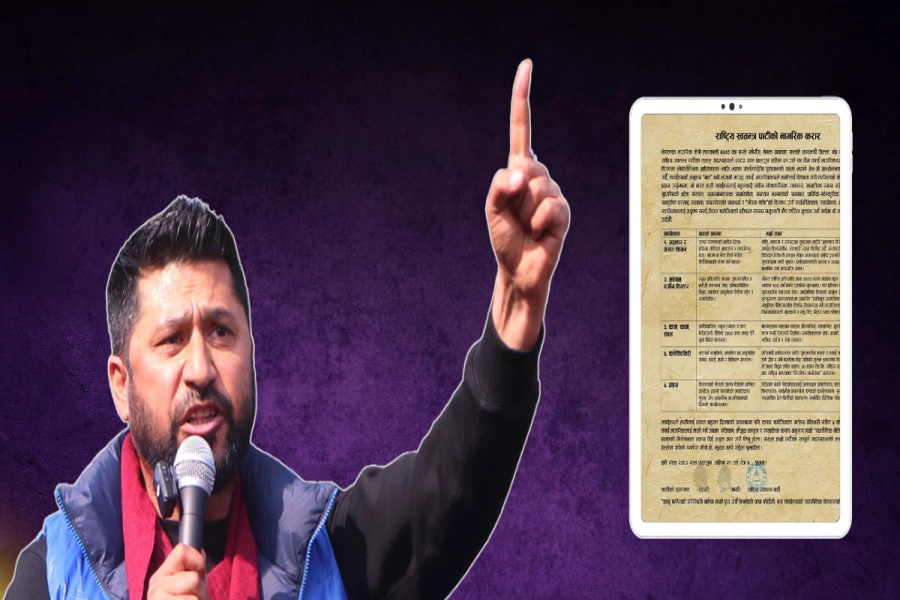KATHMANDU, May 20: Under enormous pressure from national and international media watchdogs, the ruling Nepal Communist Party has started internal discussions hinting at revising harsh press laws that contradict the constitution.
As the law drafted by the Ministry of Communication and Information Technology drew widespread criticism both within the country and outside, the ruling party called an informal meeting on Sunday at the party headquarters in Dhumbarahi.
In an attempt to stop further backlashes, a section of leaders had summoned Minister for Communication and Information Technology Gokul Prasad Baskota and party-aligned journalists as well as some influential leaders to the party headquarters to discuss about the issue.
At the meeting, some journalists loyal to the party criticized Minister Baskota for drafting controversial media bills that curtail press freedom and warned this could have negative consequences on the party's image in the days to come if the bills are not revised before endorsement by the parliament.
Govt hints at revising Guthi Bill

Subash Nembang, NCP's deputy parliamentary party leader, said that an 'informal meeting' was called at the party headquarters after some laws registered at the parliament courted controversy among the media fraternity and journalists.
“Some media laws have courted a bit more public discourse. That's why we discussed over those issues,” said Nembang.
Asked whether the government is revising objectionable provisions in the law, Nembang gave a positive response.
“Amendment proposals can be registered at the parliament. And those laws will be endorsed in accordance with the constitution,” he said.
Even as the constitution ensures full freedom of the press, some of the laws drafted by the government have proposed confiscating media equipment and hefty fine against media outlets and journalists. Journalists and the media fraternity have been protesting against those anti-press laws.
A Bill to Amend Media Council Act, which is currently tabled at the National Assembly, has proposed a fine of up to Rs 1 million for media outlets and journalists for publishing any content in violation to the media code of ethics. Under Section 18 of the Bill to Amend and Integrate Media Council Act, media outlets, publishers, editors and/or journalists can be fined up to Rs 1 million for publishing contents found to be tarnishing the dignity or reputation of any individual.
Another media law, Bill on Mass Communications, has proposed Rs 5 million to Rs 10 million in penalties or 10 to 15 years in jail or both for journalists publishing or broadcasting any content undermining national sovereignty, territorial integrity or nationality. The bill has also proposed confiscation of media equipment if the media outlets and journalists are found publishing offensive contents.
Minister Baskota, who had vehemently stood in favor of endorsing media laws in its current form, has softened his position after leaders and journalists warned of negative consequences in the long run if the laws are endorsed without amendment.





































